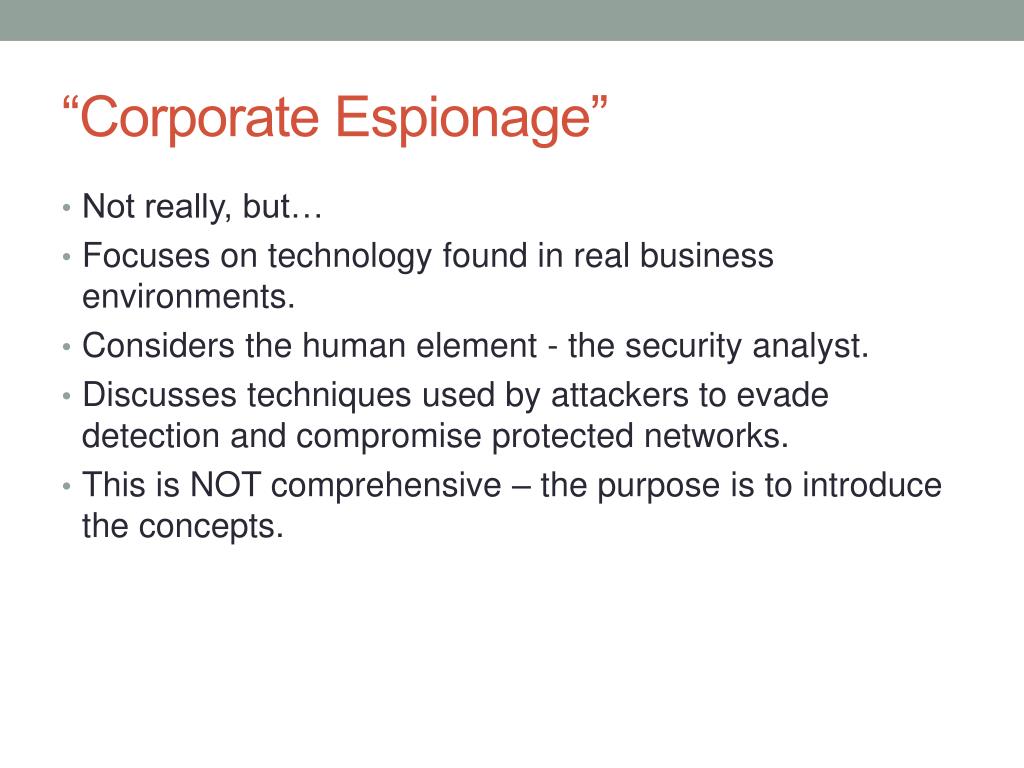

Exceptional circumstances include, but are not limited to, a material and prejudicial change of position prior to acquiring knowledge or reason to know of misappropriation that renders a prohibitive injunction inequitable.Ĭ. In exceptional circumstances, an injunction may condition future use upon payment of a reasonable royalty for no longer than the period of time for which use could have been prohibited. Upon application to the court, an injunction shall be terminated when the trade secret has ceased to exist, but the injunction may be continued for an additional reasonable period of time in order to eliminate commercial advantage that otherwise would be derived from the misappropriation.ī. Actual or threatened misappropriation may be enjoined. Is the subject of efforts that are reasonable under the circumstances to maintain its secrecy.ġ986, c. Derives independent economic value, actual or potential, from not being generally known to, and not being readily ascertainable by proper means by, other persons who can obtain economic value from its disclosure or use, andĢ.

"Trade secret" means information, including but not limited to, a formula, pattern, compilation, program, device, method, technique, or process, that:ġ. "Person" means a natural person, corporation, business trust, estate, trust, partnership, association, joint venture, government, governmental subdivision or agency, or any other legal or commercial entity. (3) Derived from or through a person who owed a duty to the person seeking relief to maintain its secrecy or limit its use or (2) Acquired under circumstances giving rise to a duty to maintain its secrecy or limit its use (1) Derived from or through a person who had utilized improper means to acquire it At the time of disclosure or use, knew or had reason to know that his knowledge of the trade secret was Used improper means to acquire knowledge of the trade secret orī. Disclosure or use of a trade secret of another without express or implied consent by a person whoĪ. Acquisition of a trade secret of another by a person who knows or has reason to know that the trade secret was acquired by improper means orĢ. "Improper means" includes theft, bribery, misrepresentation, use of a computer or computer network without authority, breach of a duty or inducement of a breach of a duty to maintain secrecy, or espionage through electronic or other means.ġ. As used in this chapter, which may be cited as the Uniform Trade Secrets Act, unless the context requires otherwise:


 0 kommentar(er)
0 kommentar(er)
